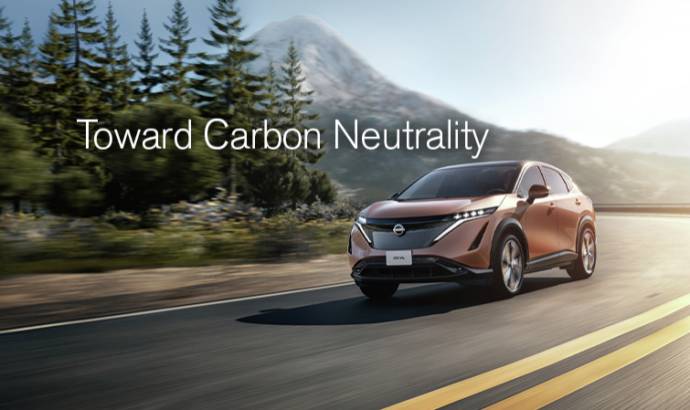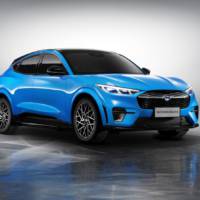Not only does General Motors want to be carbon neutral in the next two decades. Nissan is doing the same, but at a smaller pace. The Japanese manufacturer has set the goal of achieving carbon neutrality across the company’s operations and the life cycle of its products by 2050. As part of this effort, by the early 2030s, every all-new Nissan vehicle offered in key markets will be electrified.
Nissan will pursue further innovations in electrification and manufacturing technology to make progress on the company’s carbon neutrality goal in the following strategic areas:
– Battery innovations, including solid-state and related technologies, to develop cost-competitive and more efficient electric vehicles.
– Further development of Nissan’s e-POWER electrified powertrains to achieve greater energy efficiency;
– Development of a battery ecosystem to support decentralized, onsite power generation for buildings with renewable energy sources. Nissan anticipates increased collaboration with the energy sector to support the decarbonization of power grids;
– Manufacturing process innovations to support higher productivity in vehicle assembly, starting with the Nissan Intelligent Factory initiative. The company will also strive for greater energy and material efficiencies to support longer-term carbon neutrality ambitions.
The company introduced the world’s first mass-market electric car, the Nissan LEAF, and has sold more than 500,000 of the zero-emission vehicle to date. Nissan also continues to work with industry coalitions and authorities to develop infrastructure and raise public awareness about the benefits of electric vehicles.



